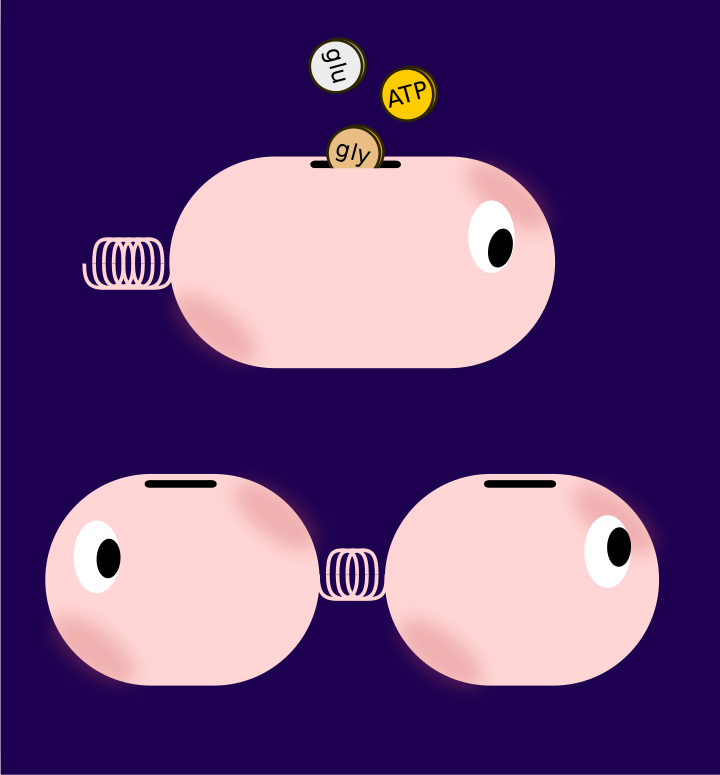Economic Principles in Cell Biology

Welcome | Forum | Young scholars | Textbook | Teaching materials | Summer school | Workshops | Contact
Book main - Contents - Lectures - Problems - Code - Contributors - For authors
Monthly meetings
|
You would like to join us for our book project? Please get in touch anytime!
Authors meetings Zoom: https://inrae-fr.zoom.us/j/91777991893.
Editorial team meetings |
Tasks
|
We are keeping track of current (smaller and larger) tasks in a shared spreadsheet.
To see (or sign up for) tasks, please go to our task page |
Instructions and template files
Chapters and authors overview
List of all chapter outlines (google doc)